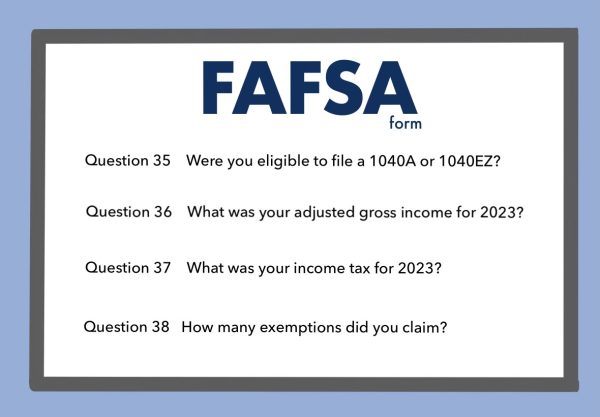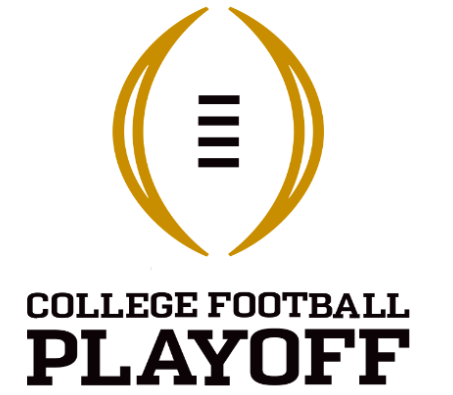Head to Head: Schools shouldn’t encourage all students to attend college
By Jack Rafferty
Comment
College is not for everyone. There are only so many people who can meet the rigor demanded by a legitimate four-year college, and there is a limited job market for careers that make the investment of a college degree worthwhile. High schools that indiscriminately push four-year college are simply misguiding their students.
Until relatively recently, education at a university was not a given for many people. Post-secondary education required significant merit, and costs of attendance were much lower. In this world, the opportunity to go to college was too good to pass up.
While it’s wonderful that college has become more accessible, cost of attendance has skyrocketed to the tune of 237 percent for in-state public schools in the past 20 years, according to US News. These rising costs easily offset the benefits of college for many high school students.
There are countless statistics claiming the average salary of a college graduate is higher than a non-college graduate. However, the presence of confounding variables like disparities in parental income skew these statistics. Upon closer examination, it is clear that four-year college is not always a good decision.
A Center for American Progress report by economists John Schmitt and Heather Boushey found that in 2009, almost 20 percent of college graduates aged 24-35 earned less than the average male high school graduate. And salary information company PayScale study found 11 accredited, nonprofit four-year colleges where the 20-year net return on a degree was -$30,000 or lower.
Oftentimes, degrees are meaningless, as the Federal Reserve Bank of New York explains that 46 percent of recent college graduates held jobs that don’t require a college degree. If high schools promoted vocational training, this could be avoided and student loan debt would decrease.
The idea that a college education is the only path to success in modern America is fundamentally flawed. As the job market for college graduates shrinks because of oversaturation, the expansive job market for specialized workers is becoming more attractive.
According to the Georgetown Center, a policy institute arm of Georgetown University, the U.S. has 30 million jobs that pay $55,00 or more with no bachelor’s degree requirement, and the United States Department of Education reports that people with career and technical educations are slightly more likely to be employed than those with traditional academic credentials.
On top of this, the field is only growing. Emsi, an economic forecasting firm, explains that more than half of the workers in the field are older than 45, meaning shortages are looming as retirements approach. Emsi also says it “makes sense that more and more workers will be needed for repairs, maintenance and upkeep of all the technology in today’s world.”
It’s clear that there is a large, growing market for skilled workers and trade specialists in the modern economy. But according to Matt Krupnick of PBS Newshour, the “college for everyone” idea has left vocational training with an “image problem.” Research by California’s Community College system found that neither families nor employers knew that vocational programs and the certifications they grant can add tens of thousands of dollars per year to a graduate’s income.
Prioritization of vocational training has proved effective in modern times, as exemplified by Germany, where the median wage after taxes and transfers is higher than in the US.
Much of this success can be attributed to Germany’s world class training in technical skills, starting in high schools where onsite training and tracking allows people to enter the workforce well-prepared and quickly. Training and apprenticeships are beneficial for employers and employees alike, as directly applicable and up-to-date training is given a lower cost.
In America, a policy where high school students are given the option of entering a program that extends beyond high school and grants a certificate of expertise in a specialized field could build a stronger middle class while simultaneously decreasing student loan debt. The idea that college is a prerequisite for middle-class life does not make America better, but instead holds the country back and discourages millions from getting stable, well-paying jobs.
Jack Rafferty is the assistant managing editor of the comment section. In addition to his loyal service to the Southerner, he also participates in...
I am a senior here at Grady and am excited to be a part of the paper for a second year! Last year, I held the position of junior online editor, and wrote...










